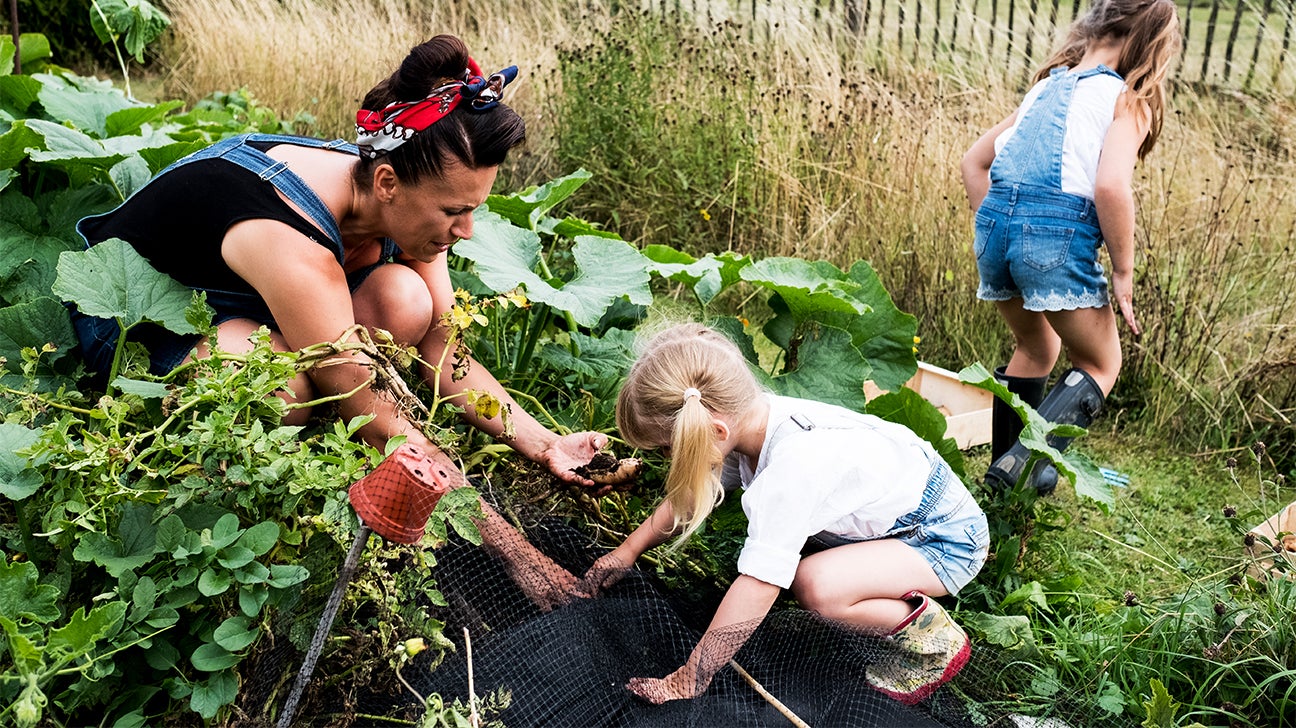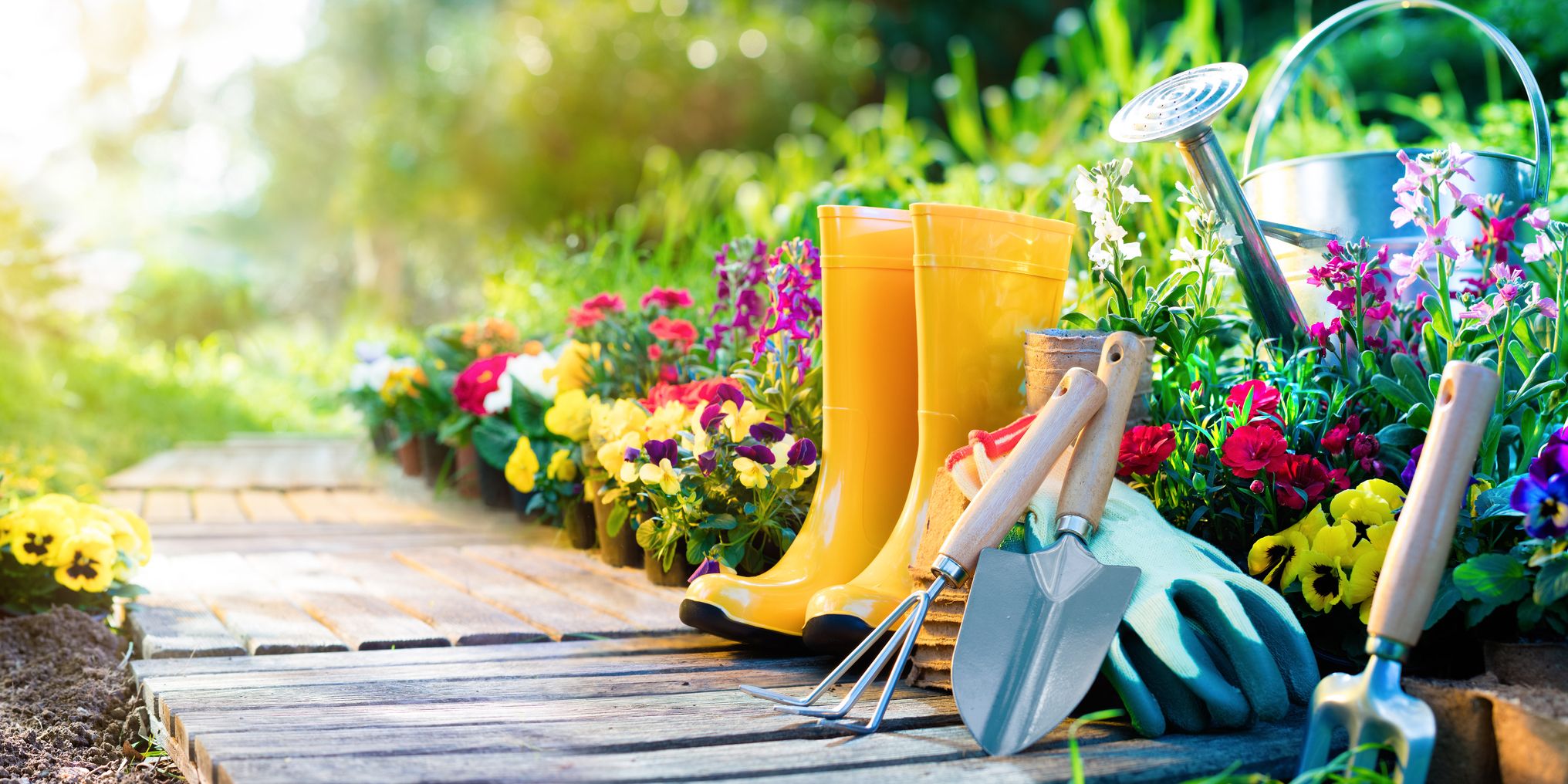Seasonal Gardening Tips: What to Plant and When for Best Outcomes
Seasonal Gardening Tips: What to Plant and When for Best Outcomes
Blog Article
Opening the Conveniences of Horticulture: A Detailed Take A Look At the Different Types and Their Effect on Wellness
Discovering the diverse advantages of gardening exposes a spectrum of methods that significantly enhance specific health. From veggie and natural herb gardens to container and increased bed arrangements, each kind supplies unique advantages that extend beyond plain farming. These activities not just foster physical health and wellness with active engagement yet additionally add to psychological wellness by easing anxiety and encouraging mindfulness. As we examine these varied horticulture methods, it comes to be noticeable that their influence can resonate on personal, social, and ecological levels, prompting a more detailed check out exactly how these connections create a natural narrative of all natural health and wellness.
Types of Horticulture

Flower horticulture, another popular group, emphasizes the visual appeal of grown flowers. This type can enhance landscapes and promote biodiversity by bring in advantageous pollinators. Natural herb horticulture involves expanding aromatic and culinary plants, contributing both to cooking and natural remedies.
Container gardening offers flexibility, enabling people with limited space to involve in gardening by utilizing pots and planters. This technique is particularly preferred in urban setups. Raised bed horticulture, on the other hand, involves producing raised plots that boost soil water drainage and ease of access, making it simpler for garden enthusiasts to manage their plants.
Last but not least, community horticulture fosters partnership amongst individuals in common spaces, advertising social communication and collective duty. Each type of gardening offers distinct objectives and deals with various choices, making gardening a flexible task that can be tailored to private requirements and settings.
Mental Health And Wellness Advantages
Taking part in numerous types of horticulture not just generates concrete rewards such as fresh fruit and vegetables and attractive flowers however likewise supplies significant mental health advantages. Study indicates that gardening can be a powerful tool for minimizing tension, stress and anxiety, and depression. The act of tending to plants and cultivating a yard cultivates a feeling of objective and accomplishment, which can improve overall emotional wellness.
Additionally, horticulture motivates mindfulness, as it calls for people to concentrate on the existing minute, whether it be growing seeds or supporting development. This mindfulness technique can lead to reduced rumination and improved mood security. The direct exposure to natural surroundings throughout horticulture has actually likewise been connected to improved cognitive working and decreased sensations of tiredness.
Social interaction plays a crucial duty in psychological wellness, and neighborhood gardening initiatives supply chances for individuals to get in touch with others, fostering a feeling of belonging. The common experience of gardening can cultivate relationships and assistance networks, further reinforcing emotional resilience.
Physical Health Perks
Many people may not realize that gardening additionally offers significant physical health advantages. Taking part in gardening tasks calls for a range of physical motions, consisting of bending, training, excavating, and planting, which collectively add to better stamina, adaptability, and endurance. These actions can enhance cardio wellness by promoting an elevated heart rate, consequently reducing the danger of cardiovascular disease.
Furthermore, gardening can act as a moderate-intensity workout, aiding individuals achieve suggested physical task levels. Studies suggest that routine engagement in horticulture can melt significant calories-- roughly 200-400 calories per hour, depending on the intensity of the tasks executed. Such calorie expense is helpful for weight monitoring and total metabolic health and wellness.
In addition, exposure to sunshine during horticulture can facilitate the synthesis of vitamin D, which plays a crucial duty in preserving bone health and wellness and supporting immune feature. Moreover, the act of gardening frequently entails check it out dealing with soil, which has been linked to possible mental and physical wellness advantages as a result of the existence of valuable microbes. Gardening.
Social Connections Via Horticulture
The common aspects of gardening foster purposeful social links amongst individuals. Community yards, specifically, act as dynamic centers where individuals from diverse backgrounds come with each other, growing not only plants yet likewise connections. These shared areas motivate collaboration, permitting individuals to trade understanding, skills, and sources, consequently improving their horticulture experience and promoting a sense of belonging.
Involvement in gardening tasks commonly results in the development of friendships and assistance networks. Participants frequently join for typical objectives, such as planting periods, harvest celebrations, or instructional workshops, which enhance social ties and develop a sense of area. Such interactions can relieve feelings of seclusion and improve psychological health, as individuals discover companionship and friendship in shared ventures.

Ecological Impact of Horticulture
Horticulture considerably adds to ecological sustainability in numerous ways. Home gardens provide vital habitats for various species, consisting of pollinators such as bees and butterflies, which are crucial for environment wellness.

In addition, yards play a vital function in water conservation. Tactical landscapes, including indigenous plants and xeriscaping, decrease water usage and protect against overflow, thereby shielding regional these details waterways from air pollution.
Final Thought

Finally, horticulture acts as a complex activity that boosts well-being throughout numerous domains. The varied sorts of gardening-- consisting of vegetable, blossom, herb, container, and increased bed-- add to mental and physical health and wellness, foster social links, and promote environmental sustainability. By participating in gardening practices, individuals can experience better quality of life while likewise sustaining community bonds and environmental wellness. Ultimately, the alternative advantages of look at this web-site horticulture underscore its value as a crucial element in boosting general wellness.
Report this page